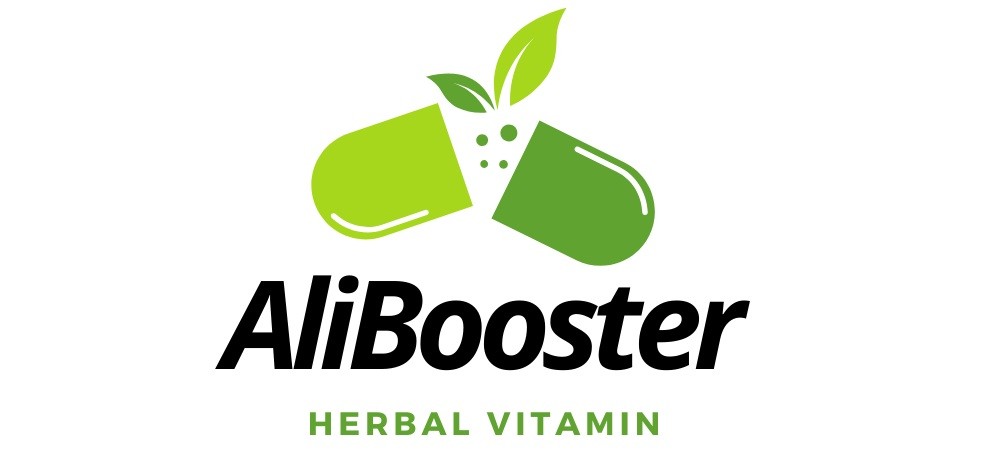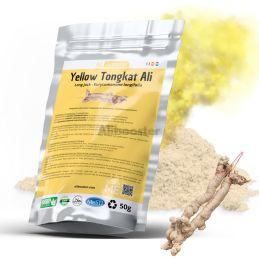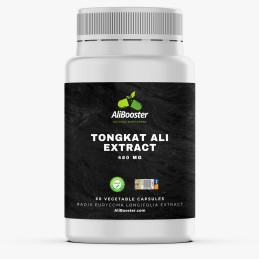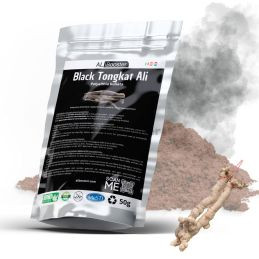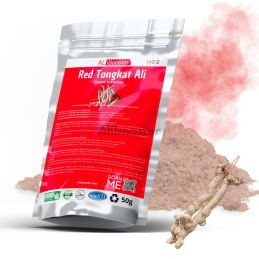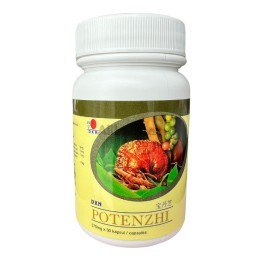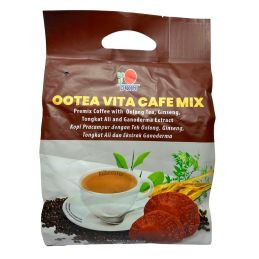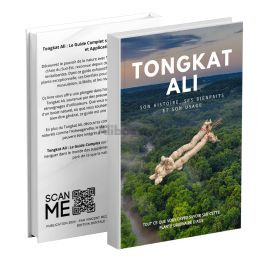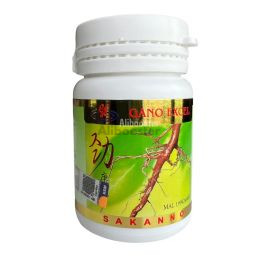Origins and history of Tongkat Ali
The origins and history of Tongkat Ali
THE Tongkat Ali, also known asEurycoma longifolia, is a medicinal plant famous for its aphrodisiac and energizing properties. Its history and origins are as rich as the benefits it offers.
Deep roots in Southeast Asia
Tongkat Ali has its origins in the dense, tropical regions of Southeast Asia.
It is a slow growing plant. Tongkat Ali can reach a height of 10 meters, although most plants are harvested well before reaching this size.
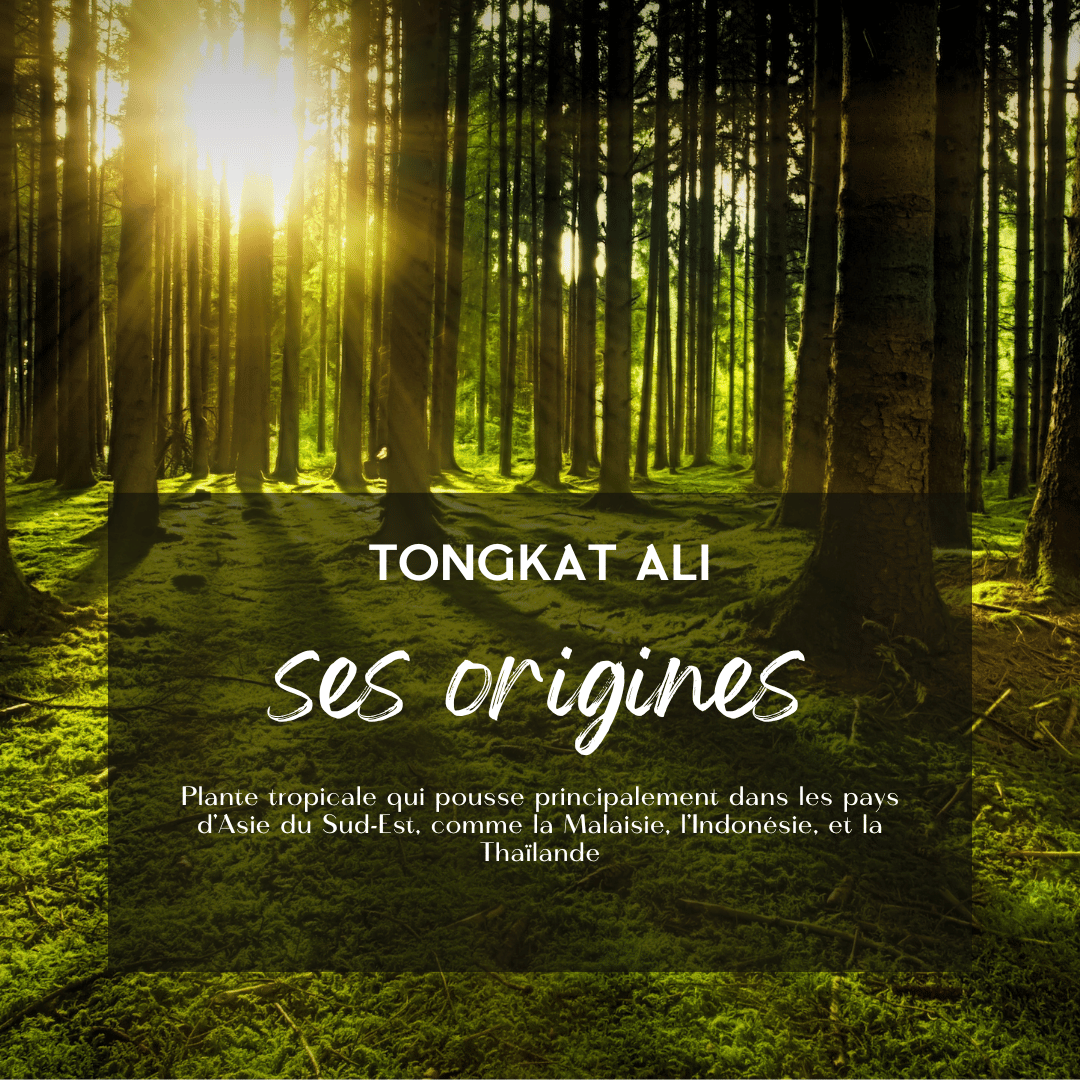
Natural habitat of the tongkat ali
It grows abundantly in the forests of Malaysia, Indonesia, Thailand and Vietnam, where the equatorial climate favors its luxuriant growth
These countries allow the Tongkat Ali to thrive in tropical rainforests, where it benefits from a hot and humid climate. It needs well-drained, nutrient-rich soil to grow effectively.
How to harvest tongkat ali ?
The optimal time to harvest Tongkat Ali depends on the intended use.
For maximum effectiveness, especially for its medicinal properties, it is often harvested when it has reached the age of 5 to 10 years. At this age, the plant's active compounds, notably quassinoides, are at their peak.
There root of Tongkat Ali is the most valuable part of the plant and is harvested for its medicinal and aphrodisiac properties. Harvesting involves digging up the root, a process that must be done carefully to preserve the integrity of the plant and the surrounding ecosystem.
Understanding the process of growth and tongkat Ali harvest is essential to guarantee the sustainability and quality of this precious plant. Each step, from germination to harvest, is a delicate dance between nature and man, highlighting the need for a balanced and respectful approach to preserve this resource for future generations.
Traditional Use
For centuries, local people have used Tongkat Ali for its medicinal properties, particularly to increase vitality, energy and libido.
A Medicinal Treasure
Tongkat Ali is a pillar of traditional medicine in its region of origin, particularly in Malaysia and Indonesia.
Aphrodisiac properties of tongkat ali
It is best known for its effects on libido and fertility, often being used as a natural remedy to increase sexual performance and treat erectile dysfunction.
Energy booster
Beyond sexuality, Tongkat Ali is also known to increase energy levels, boost immunity and improve mood.
By balancing hormones, including cortisol and testosterone, Tongkat Ali can also improve mood and reduce stress and anxiety, leading to an increase in mental energy.
Tongkat Ali is a valuable ally for those looking to increase their energy and vitality in a natural way. Its adaptogenic and revitalizing properties make it a popular choice for combating fatigue, increasing physical and mental performance, and improving overall quality of life. As always, it is recommended to consult a healthcare professional for personalized advice on using Tongkat Ali to boost energy.
The evolution of the global popularity of tongkat ali
With globalization, the fame of Tongkat Ali has gone beyond the borders of Southeast Asia.
The virtues of this medicinal plant, formerly celebrated mainly in the tropical regions of Asia, are now recognized and wanted worldwide. With the spread of information and easy access to international products, Tongkat Ali has become a hot item in the global health and wellness supplement industry, attracting the attention of researchers, professionals health and consumers around the world.
Scientific research around tongkat ali
Scientific studies have begun to validate its properties, attracting international attention and increasing its popularity globally.
For more information on Tongkat Ali research, we recommend consulting scientific journal databases such as PubMed, ScienceDirect, or Google Scholar. There you can search for articles and studies on Tongkat Ali and see the authors of these works.
Integration into supplements
Tongkat Ali is now a common ingredient in health and wellness supplements, valued for its natural and powerful effects.
Once consumed only in Asia, today it is consumed by billions of adults around the world.
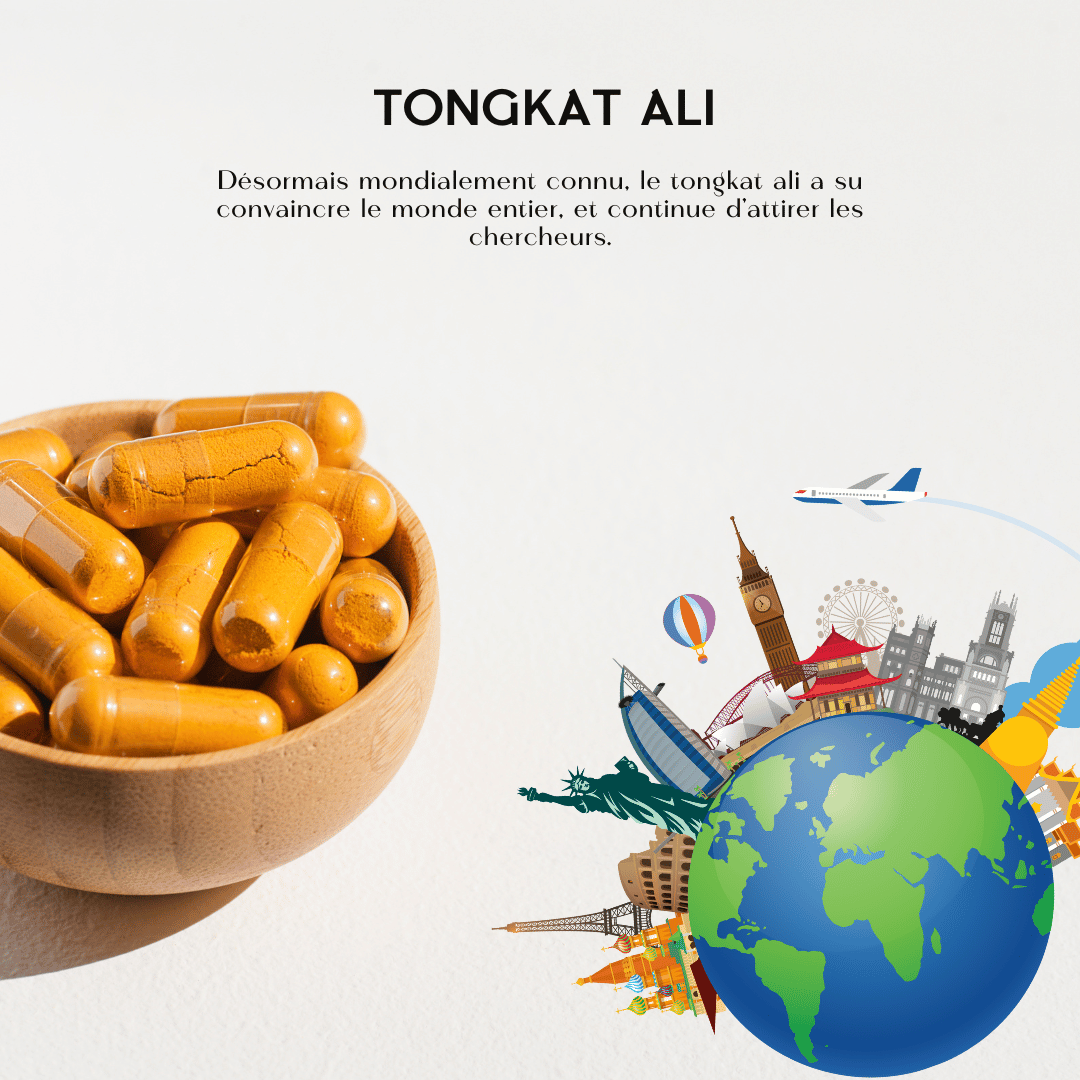
Challenges and conservation of tongkat ali
The growing popularity of Tongkat Ali has also brought challenges, including overharvesting and conservation.
Overharvesting of tongkat ali
High demand has led to overharvesting, threatening the plant's natural population and its ecosystem.
With globalization, demand for Tongkat Ali has increased well beyond Southeast Asia, leading to increased pressure on wild populations of the plant.
The pressure to meet demand can also lead to variability in quality, with the harvesting of younger plants that have not yet reached their full potential in terms of active compounds.
Conservation initiatives
Initiatives are in place to promote the sustainable cultivation and conservation of Tongkat Ali, ensuring its availability for future generations
Most Tongkat Ali is wild harvested. Unregulated and unsustainable harvesting methods can damage plant populations and surrounding ecosystems.
In some regions, the lack of strict regulations and effective enforcement allows for excessive and unsustainable harvesting.
Tongkat Ali Today
Today, Tongkat Ali continues to be a popular choice for those looking to improve their vitality in a natural way.
Quality and authenticity
With popularity comes the challenge of ensuring quality and authenticity, prompting consumers to be vigilant and informed.
To ensure the quality and authenticity of Tongkat Ali, it is essential to choose products from reputable and certified brands. Check the quality labels ingredients, and the customer reviews. It may also be beneficial to look for independent laboratory tests which confirm the purity and concentration of the ingredients.
Legislation and regulation of tongkat ali
Strict regulations are in place to ensure that products containing Tongkat Ali are safe, pure and effective.
There legislation and regulation of Tongkat Ali vary depending on the country. In Southeast Asia, where it is native, measures are often in place to prevent overharvesting and protect the plant. In other regions, Tongkat Ali is regulated as a dietary supplement, and must meet specific quality and safety standards. It is crucial to familiarize yourself with local legislation to ensure that the products purchased comply with established standards, ensuring their quality and safety. Traceability and product certification are key elements to ensure compliance with current regulations.
The botanical epic of Tongkat Ali
Tongkat Ali is a plant that has survived the ages, making its way across civilizations, cultures and continents.
The era of personalized medicine sees Tongkat Ali as a potential candidate for targeted therapies, tailored to individual needs and genetic profiles.
L'history of Tongkat Ali is a testimony to its beneficial properties and value in traditional and modern medicine. As we continue to explore and validate its benefits, the need to preserve and protect this precious plant also becomes imperative. Every Tongkat Ali user is part of its evolving story, a chapter that is written with every experience and discovery.
In-depth knowledge of the origin and history of Tongkat Ali enriches our appreciation for this medicinal plant. It reminds us of the need to preserve it, respect it and use it responsibly to ensure it continues to benefit humanity.
THE Tongkat Ali is more than a supplement; it is a heritage of traditional medicine, a treasure of biodiversity and a gift of nature that deserves our respect and attention. Its history and its future are in our hands.
Tongkat Ali is a treasure of nature, a bridge between the ancestral past and the innovative future, between traditional medicine and modern science. Every seed, every leaf, every extract is imbued with a story that resonates with echoes of ancient wisdom and whispers of future discoveries. As stewards of this treasure, we are invited to approach Tongkat Ali with respect, curiosity and a commitment to preservation and innovation.
